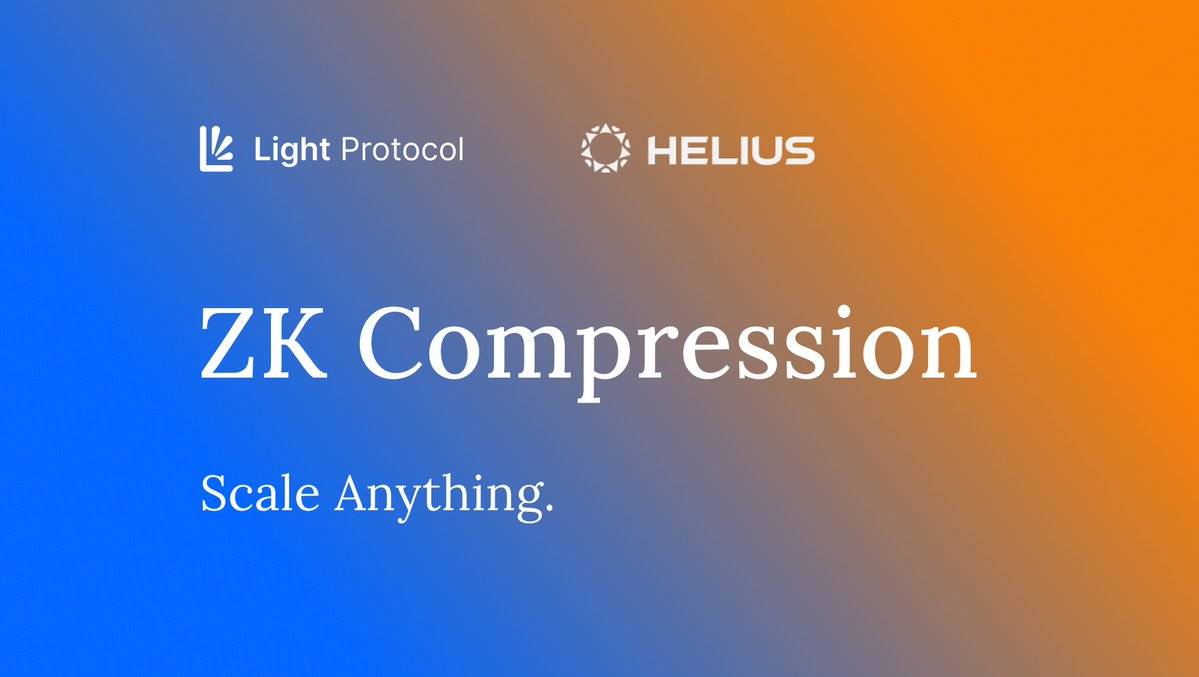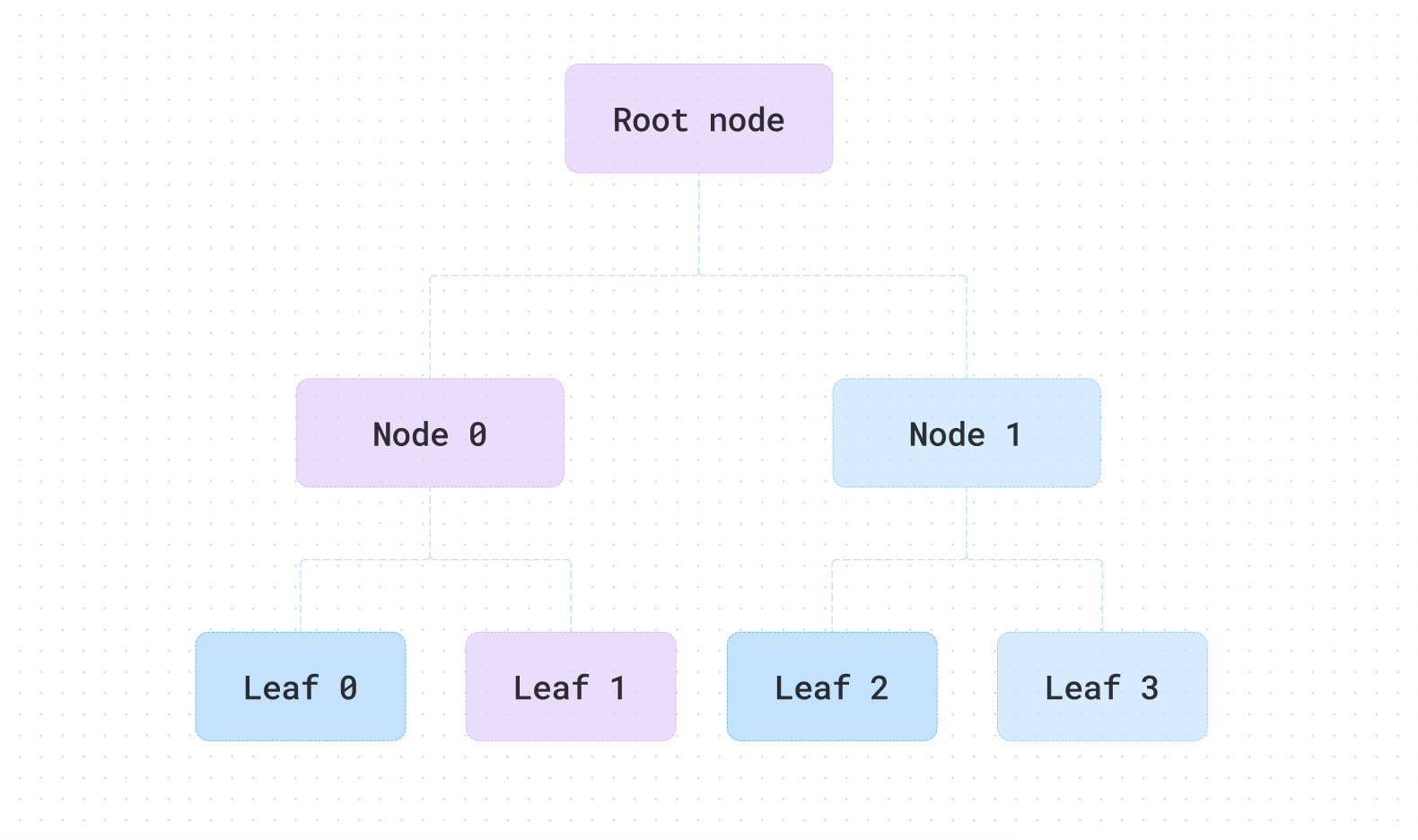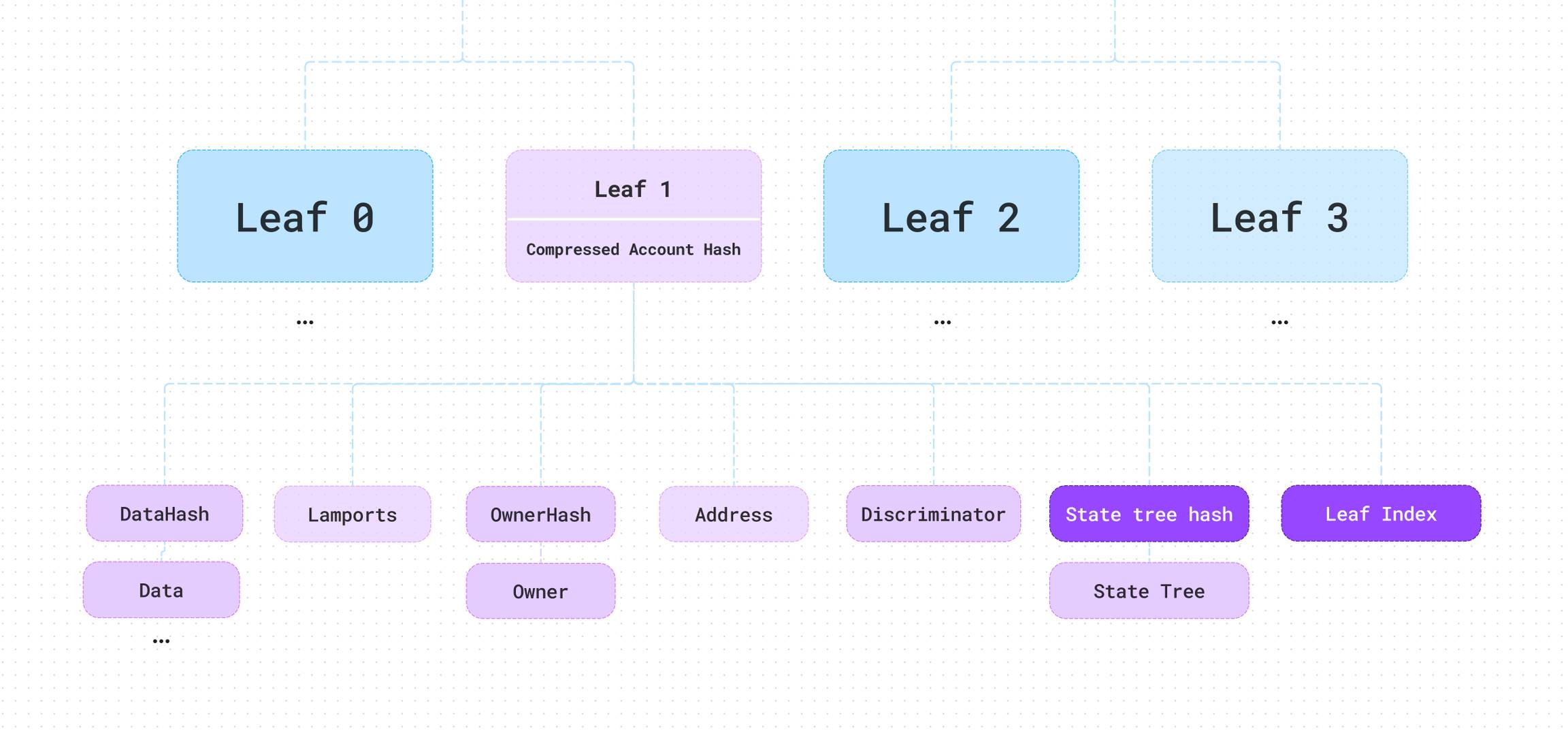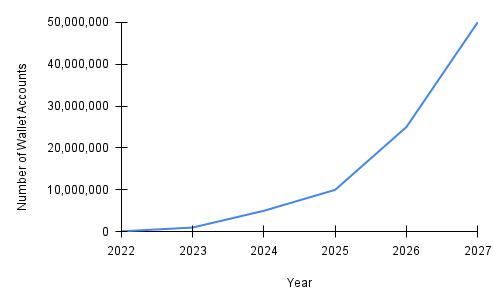The purpose of ZK Compression is to enable native ZK computation on Solana, reducing the cost of token and account management on Solana by several orders of magnitude.
By: Deep Tide TechFlow
There is a lack of market liquidity, and different projects are seeking vitality.
New projects will disclose more luxurious financing to attract attention, while old projects are seeking narrative and brand upgrades, rejuvenating for a second spring.
For example, a few days ago, Light Protocol, a long-standing privacy protocol on Solana, proposed a new primitive for Solana: ZK Compression.

According to its official description, the purpose of ZK Compression is to enable native ZK computation on Solana, significantly reducing the cost of token and account management on Solana.
And the slogan "Scale Anything" also seems particularly eye-catching; Solana is known for its speed and performance, does it still need ZK for scaling? What opportunities can this new concept bring to the project itself?
ZK Compression, Cheaper
ZK Compression, you can understand it as compressing the state cost on Solana using ZK technology.
What is the state cost?
On Solana, "state" refers to the data stored on the blockchain, such as account balances, storage data for smart contracts, etc. Whenever new data is added to the blockchain, or existing data is modified, these data need to occupy storage space and consume computing resources.
Therefore, "state cost" refers to the cost of storing and maintaining this data on the blockchain. In simple terms, it makes the storage and maintenance of on-chain data cheaper.
Wait, isn't Solana already very cheap? Do we still need to reduce this cost?
From the comparison given by Light Protocol, this reduction is meaningful. Whether it is creating contracts or accounts, after ZK Compression, the cost reduction is significant, with a reduction of 160 times and 5000 times, respectively.

No public chain dislikes using "cheaper" costs. In the absence of the cheapest, only the cheaper road, various L1/L2 are competing with each other, trying to lower their costs and increase their speed; and now this trend seems to be spreading within Solana.
On-chain accounts only store key information, the key to being cheaper
However, how does Light Protocol achieve this compression specifically? The key to the answer lies in the "State Root".

ZK Compression uses a technology called "State Tree". You can think of the state tree as a super-compressed folder that compresses all account information and data together, storing only the most important parts on the chain.
Does it sound familiar, similar to the elder concept of Merkle tree in the blockchain, where each node is the hash value of its child nodes. In the end, all data will be summarized into a unique top-level hash value, which is the "State Root".
After understanding this design, you can easily understand the working principle of ZK Compression:
- Compress Account Hash:
The data of each account will be compressed into a hash value, which is stored in the leaf nodes of the state tree. Each account hash not only contains the information of the account itself, but also its position in the state tree. This way, each account hash is unique.
- On-chain State Root:
The top-level hash value of the state tree, the state root, will be stored on the blockchain. This state root is like the fingerprint of the entire tree. By verifying this fingerprint, we can confirm that all data in the entire tree is complete and unaltered.
- Data Storage:
In fact, detailed account data is not directly stored on the blockchain, but is stored as call data in the cheaper Solana classified account space. The blockchain only stores the state root and some basic metadata, saving storage costs and ensuring data security.

To ensure the integrity of this compressed data, ZK Compression also uses Zero-Knowledge Proofs. This technology can prove the authenticity and integrity of the data without revealing the specific data content. In other words, even if the data is compressed, we can still be sure that it is accurate and secure.
More importantly, developers do not need to have a deep understanding of Zero-Knowledge Proofs (ZK) technology to use these new features, they can simply follow the documentation provided by Light Protocol for integration.
Summary: Solana's on-chain accounts only store key information, making storage costs cheaper.
It is somewhat similar to the design concept of L2, but fundamentally, it is an optimization of the internal storage structure of L1.
Creating demand?
Let's look at this question again, is Solana fast enough, is it necessary to improve scalability in this way?
The answer is obvious, it is necessary.
Solana's on-chain wallets, daily transaction volume, and dApp activities are all significantly increasing, leading to fierce competition for on-chain space and increasing demands for performance and cost.

Therefore, being cheaper is actually a politically correct trend. Light Protocol's proposal for ZK-based state compression seems relatively appropriate from a macro perspective.
However, for the current market, when the short-term frenzy subsides and on-chain transaction activities decrease, it may not be so obvious that improving infrastructure will bring significant benefits.
However, when it comes to narrative and primitives, it is generally about looking at tomorrow from today's perspective. Only with foresight can attention be gained and heated up.
For Light Protocol itself, doing ZK Compression seems to be in line with its professional expertise.
According to Rootdata, the project was established in 2021 and is committed to building fast privacy payments, encrypted order books, and public chain games with privacy states on Solana.
It is worth mentioning that the project also announced in 2022 that it had raised a $4.5 million seed round led by Polychain. Now, doing ZK state compression is still within its technical expertise.
For retail investors and alpha hunters, since the business of such projects is more B2B, waiting for official announcements to participate in the test network interaction (if any) is a good choice.
In addition, in the crypto industry, discussing whether there is really a demand is a very low-cost way of being serious; sometimes creating demand and leading the narrative is the correct form of speculation.
免责声明:本文章仅代表作者个人观点,不代表本平台的立场和观点。本文章仅供信息分享,不构成对任何人的任何投资建议。用户与作者之间的任何争议,与本平台无关。如网页中刊载的文章或图片涉及侵权,请提供相关的权利证明和身份证明发送邮件到support@aicoin.com,本平台相关工作人员将会进行核查。




